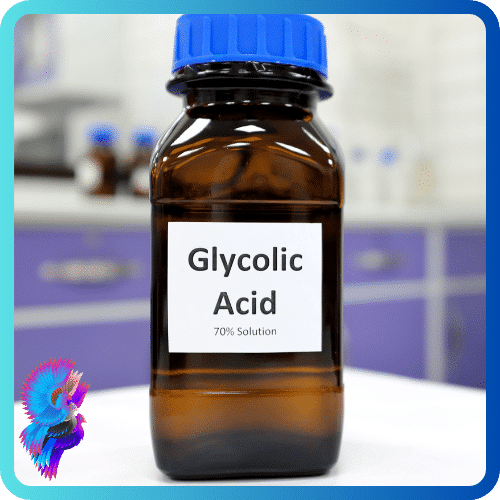Advertisements
Dry skin is a common skin type that affects many people.
It can have both advantages and disadvantages, depending on how you look at it.
In this article, we will explore some of the pros and cons of having dry skin, as well as some tips on how to care for it properly.
Pros of dry skin:
One of the benefits of having dry skin is that it tends to attract less dirt and grime than oily skin.
This is because dry skin produces less sebum, which is the natural oil that lubricates the skin and hair.
Sebum can trap dirt, bacteria, and dead skin cells in the pores, leading to acne and other skin problems.
Dry skin, on the other hand, has less oil to clog the pores and may appear clearer and smoother.
Another advantage of dry skin is that it may make your makeup last longer.
Since there is less oil to break down the makeup, it may stay on your face for longer periods without smudging or fading.
You may also need fewer touch-ups throughout the day to keep your makeup looking fresh.
Cons of dry skin:
However, dry skin also has its drawbacks.
One of the main challenges of having dry skin is that it can be hard to keep it hydrated and moisturized.
Dry skin may feel tight, rough, flaky, or itchy, especially after washing or exposure to cold or dry air.
It may also crack or peel easily, which can cause irritation and inflammation.
Another disadvantage of dry skin is that it may age faster than oily skin. This is because dry skin lacks sebum, which not only lubricates the skin but also protects it from environmental damage and free radicals. Sebum also helps maintain the elasticity and firmness of the skin by preventing water loss. Dry skin, therefore, may lose its elasticity and firmness more quickly and show more signs of aging, such as wrinkles and fine lines.
How to care for dry skin:
If you have dry skin, you need to follow a good skincare routine that helps keep your skin hydrated and moisturized.
here are some steps you can take to care for your dry skin:
Use a gentle, fragrance-free cleanser.
Avoid harsh soaps or detergents that can strip the skin of its natural oils.
Instead, use a mild, non-soap skin cleanser that is gentle on the skin.
Moisturize immediately after washing:
Apply a moisturizer immediately after washing your face or taking a shower to help lock in moisture. Look for a cream or ointment rather than a lotion, as these are more effective at preventing water loss from the skin.
Protect your skin:
Wear protective clothing during the winter and avoid long, hot showers or baths that can dry out the skin. Use a humidifier to add moisture to the air in your home.
Stay hydrated:
Drink plenty of water to keep your skin hydrated from the inside out.
By following these steps and using gentle, fragrance-free skin care products, you can help keep your dry skin hydrated and healthy.
Advertisements




























